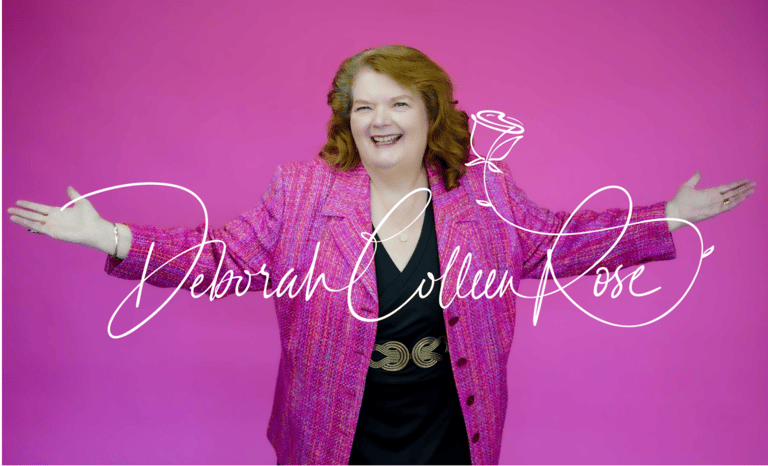When Love Isn’t Enough… I Don’t Even Like You
RELATIONSHIPS
Deborah Colleen Rose
8/13/20253 min read
We’re sold a story about love. It’s supposed to conquer all, to overcome differences, to make up for gaps in personality, patience, or values. But the truth is harsher: love alone doesn’t fix what fundamentally doesn’t work. Sometimes, the person you “love” is someone you simply don’t like.
Yes. You read that correctly.
There’s a difference between affection and admiration, between attachment and genuine respect. You might feel an unshakable love for someone—through history, shared children, or deep emotional bonds—but if you dread their company, resent their habits, or feel drained by their presence, love is a paper bandage on a broken foundation.
Why “I Don’t Even Like You” Matters
Disliking someone you love is more than annoyance. It’s a signal. It’s your gut telling you that the connection is misaligned. When you continually compromise your peace, humor, and sanity just to “make love work,” resentment grows. Your energy dwindles. Your interactions become transactional, mechanical, or tense.
Sometimes, the hardest truth isn’t that love has failed—it’s that what you’ve been feeling wasn’t love at all. Once you realize you don’t like someone, you may also realize that what you mistook for love was something else entirely.
You’ve confused compassion for affection—caring about someone’s pain and wanting to help doesn’t automatically create desire or deep emotional warmth. You’ve mistaken empathy for connection—understanding their struggles, fears, or perspective does not mean your soul resonates with theirs. And you’ve held onto hope for love—a longing for what could be, a fantasy of compatibility or harmony that never truly existed.
In other words, you’ve loved the idea of someone more than you’ve loved the actual person. You’ve projected your ideals onto them, trying to sculpt an image of love from fragments of kindness, familiarity, or shared history. And when that image cracks, when the sheen of attachment fades, you’re left staring at the real person—and sometimes, you realize you don’t actually like them at all.
This awakening is not cruel—it’s clarifying. It forces you to confront the difference between the heart’s illusions and the truth of your experience. True love requires more than compassion, empathy, or hope; it requires genuine alignment, mutual respect, and enjoyment of the person as they are. Without liking someone, without that basic resonance, the emotional labor of “love” becomes a burden, and even the most well-intentioned care can feel hollow.
Admitting this is painful, yes—but it is also an act of integrity. You free yourself from a life tethered to illusion and give space for authentic connections—relationships that actually nourish, sustain, and delight you. Love, in its truest form, cannot survive without liking; it cannot endure on hope alone.
And possibly the saddest human condition of all is when you do love someone, but there is no meeting place where you can stand on common ground. No bridge of shared values, humor, or understanding. No space where hearts and minds align. So you find yourself loving from afar—cherishing a connection that can never be fully realized, a bond that exists only in memory, imagination, or longing.
The Hard Truth
Sometimes the most compassionate act is to admit: I love them, but I don’t like them enough to continue sharing my life in this way. Society, family, and even our own expectations scream: “You should make it work. Love conquers all.” But love without mutual respect, enjoyment, and alignment is not enough.
Moving Forward
Check yourself: Are you holding on to love out of fear, habit, or obligation? Or because there’s genuine joy in the person’s presence?
Evaluate compatibility: Beyond love, do your lifestyles, values, humor, and communication styles align?
Honor your peace: Choosing to step back or redefine the relationship doesn’t negate love; it acknowledges reality.
Love is sacred, but so is your peace, your sanity, and your dignity. Sometimes letting go, or recalibrating the connection, is the kindest form of love—both for you and the person you “love but don’t like.” And sometimes, loving from afar, while bittersweet, is the only way to honor the truth of both hearts.
